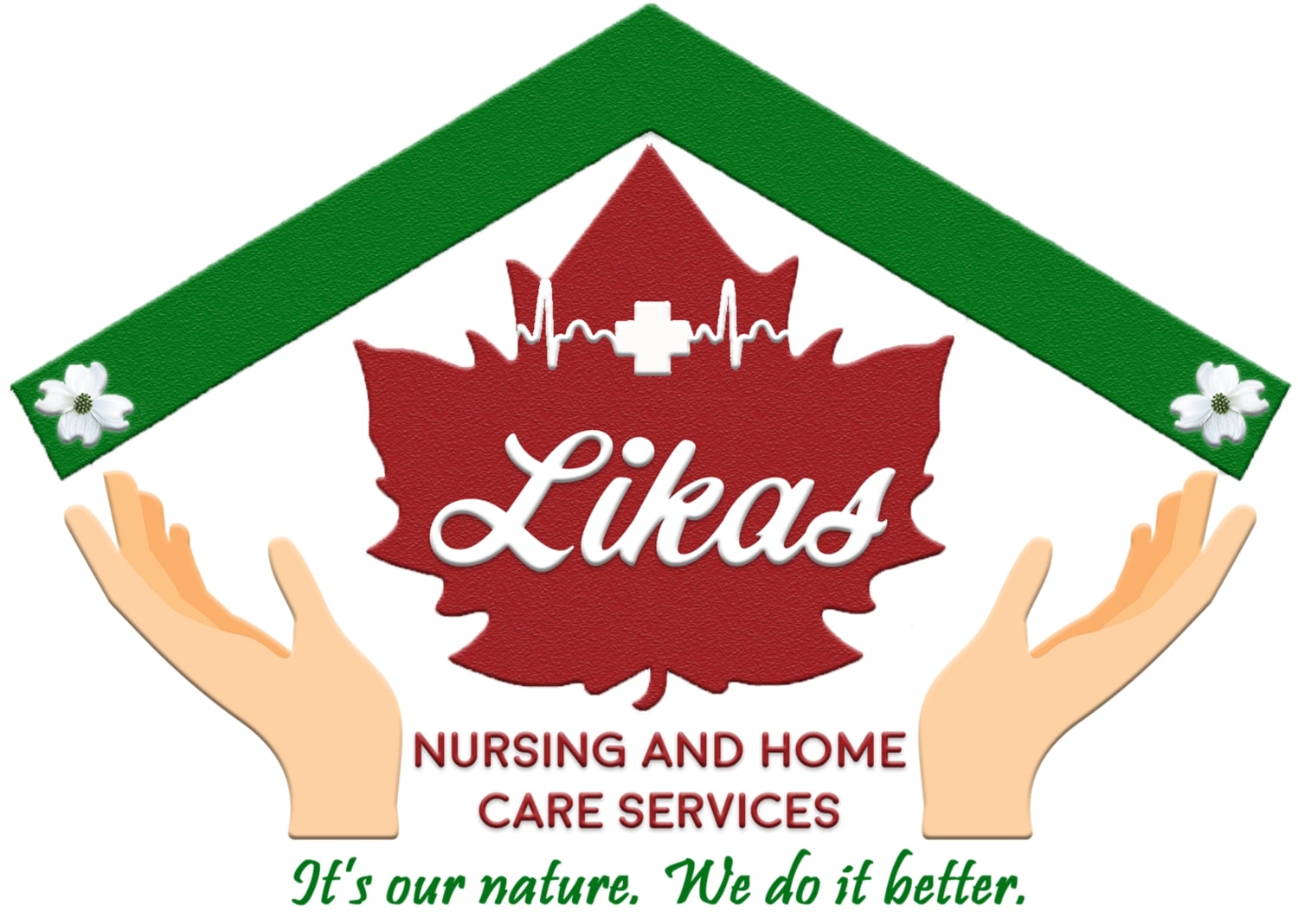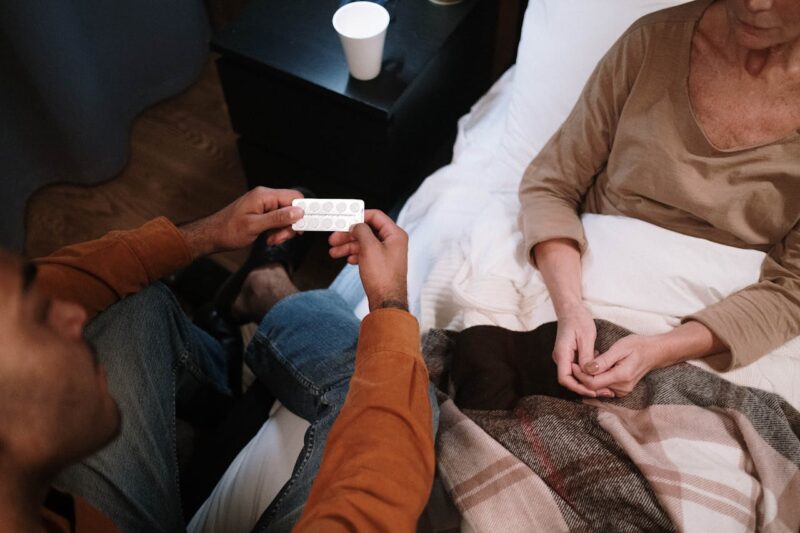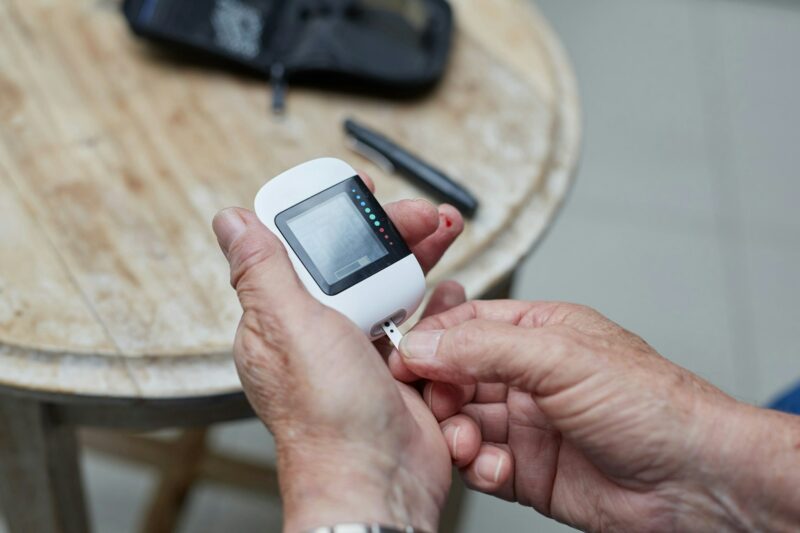
Holidays are a time for festive cheer, and with all the gatherings come late nights and disrupted sleep schedules. These changes can be difficult for older adults, as aging also affects the quality and duration of sleep.
Why sleep changes in the elderly
The primary reason for these changes involves a person’s circadian rhythm, which is managed by a part of the brain called the suprachiasmatic nucleus (SCN). Aside from sleep, the SCN also regulates appetite and the release of certain hormones. It regulates sleep based on the amount of exposure to daylight. Unfortunately, elderly people do not spend a lot of time outdoors.
In addition, there are also changes in the production of hormones, such as cortisol and melatonin, which can disrupt sleep. There is less melatonin, which is produced in response to darkness and coordinates the body’s internal clock. There may also be increased cortisol in response to stress, which also reduces sleep.
Other mental and physical conditions can also interfere with sleep. These include depression, anxiety, diabetes, heart disease, nocturia or nighttime urination, pain and arthritis. It also doesn’t help that older people also have a lot of diagnosed diseases, and it has also been shown that those with multiple conditions end up having less hours of sleep, poorer quality of sleep, and may have symptoms of a sleep disorder. Medications may also interfere with sleep: opiates and antihistamines can cause daytime sleepiness, and antidepressants may cause insomnia.
Finally, other social and stressful factors, such a isolation, retirement, and loss of independence, can also impact sleep.
Age-related sleep changes
What aspect of sleep change in older individuals? Studies have shown that several disturbances can occur. These include the following listed below.
1. Daytime naps – It may be normal and beneficial to take a short daytime nap, but extending a nap and doing it later in the day can impact sleep. Unfortunately, this is more frequent in older adults.
2. Night waking – Elderly adults also have a different sleep cycle, spending more time in the earlier, lighter stages of sleep and less in the later and deeper stages. This translates to more frequent waking up at night and to having disrupted and uneasy sleep.
3. Sleep schedule – Due to changes in their circadian rhythms, elderly people tend to get tired early in the afternoon, sleep early, and wake up early in the morning as well. This also makes it difficult to adjust sleep schedules when there are sudden changes, such as daylight savings time, travel across time zones, and late nights.
Common sleep disorders in the elderly
Sleep disorders may have different manifestations. If you have any of these on a regular basis, it may be worthwhile to consult your doctor for a sleep disorder.
- Having trouble falling asleep even when tired.
- Having difficulty falling back asleep during night waking.
- Not feelin refreshed after sleep.
- Feeling irritable or sleepy during the day and while doing regular activities.
- Depending on sleeping pills or alcohol to fall asleep.
Below are common sleep disorders seen in the elderly.
1. Insomnia – This is defined as a persistent difficulty in falling or staying asleep. It can be caused by several factors, but it can be managed.
2. Obstructive sleep apnea (OSA) – This condition can cause fragmented sleep and affect blood oxygen levels, due to repeated pauses in breathing while sleeping due to a partial or repeated collapse of the upper airway. Common especially in overweight and obese individuals, OSA can present with headaches, increased daytime sleepiness, and brain fog during the day.
3. Restless leg syndrome (RLS) – This condition can affect up to 20% of the elderly population, and it presents with periodic and involuntary movement in the lower limbs.
Tips for a good night’s sleep
1. Exercise regularly. This is one of the best ways to improve sleep, as regular exercise has been shown to improve sleep length and quality in individuals, regardless of age.
2. Have a regular sleep schedule. Try to have dinner a couple of hours before bedtime to avoid indigestion, and avoid large or spicy meals. Limiting fluid intake will also help so that you don’t keep waking at night to visit the toilet. Also find activities to help you relax before bedtime, such as a warm bath, reading a book (preferably paper), or meditating.
3. Keep distractions away from the bedroom. Use the room only for sleeping, and avoid screen time (television, phones, computers) before bed. Change the lighting so that it is not too bright; warm lights are conducive for preparing family to sleep. Keep clocks out as well, as it can make you anxious watching the minutes tick by.
4. Avoid substances that can impact sleep. These include smoking, coffee, and alcohol.
5. Keep your bedroom safe. Elderly people are prone to falls, so proofing your room to reduce hazards, such as removing rugs, cords, and furniture that can cause accidents, are important. It is also advisable to keep a phone and a light switch by your bedside, so that you are able to make a phone call in case of emergencies and to reduce fumbling in the dark and possible accidents.
Takeaway
Contrary to popular belief, elderly adults still need 7-8 hours of sleep for good health and to function well. A good night’s sleep is important because it helps improve memory and concentration, and it strengthens your immune system to keep you healthy.
If worries about your health is keeping you up at night, why don’t you give us a call? Likas Nursing and Home Care can help you develop your personalized care plan. We can take excellent care of you so you can sleep tight and sound.



